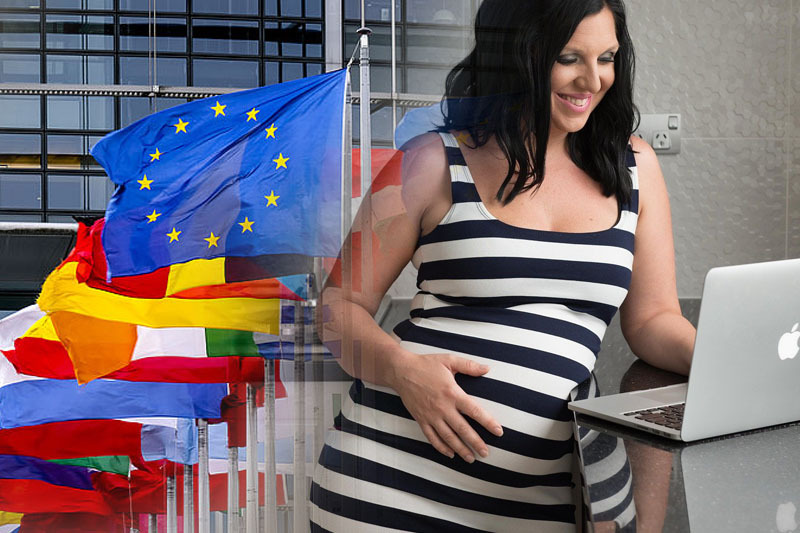
new rights aim to improve work life balance in eu
 EU – As of August 2, all EU member states must comply with the 2019 regulations that were adopted at the EU level to enhance work-life balance for parents and careers.
EU – As of August 2, all EU member states must comply with the 2019 regulations that were adopted at the EU level to enhance work-life balance for parents and careers.
The EU Commission claims that the new regulations establish additional rights, such as the right to request flexible working arrangements as well as minimum standards for paternity, parental, and carers’ leave. These provisions will enable people to pursue both family and professional goals without having to give up either.
According to SchengenVisaInfo.com, the Work-Life Balance Directive seeks to encourage women’s employment, use of family-related leave, and the adoption of flexible work schedules.
It has been revealed that these new regulations are being implemented since the employment rate for women in the EU is 10.8% lower than that of men. In addition, just 68% of women with caregiving responsibilities work, compared to 81% of men with the same responsibilities.
The EU Work-Life Balance Directive encourages men and women to better share parenting and caregiving obligations. According to Helena Dalli, the Commissioner for Equality, men and women should have an equal opportunity to participate in and succeed in the labour market, as well as equal opportunities to take maternity leave and caregiving leave.
Related Posts
Working men have a right to at least 10 working days of paternity leave around the time of the child’s birth under the new regulations. A minimum of sick pay must be paid during paternity leave.
The regulations also stipulate that each parent has the right to take a minimum of four months of paid, non-transferable parental leave. Flexible leave options are available for parents, including full-time, part-time, and segmented leaves.
Additionally, in accordance with the new regulations, all employees who provide assistance to a member of the same household or a relative are entitled to at least five working days of paid leave per year.
“Establishing carers’ leave is a crucial move that demonstrates the EU’s concern for its members at all stages of life.” Dubravka Uica, vice president for democracy and demography, remarked, “As a society, we must care about caring.“
Working parents with children up to the age of eight and caregivers are reportedly entitled to request flexible working arrangements, decreased working arrangements, and workplace flexibility.
The Directive must now be incorporated into national legislation by Member States. The Commission will then determine whether each state has complied with these requirements and will take appropriate action as needed.











